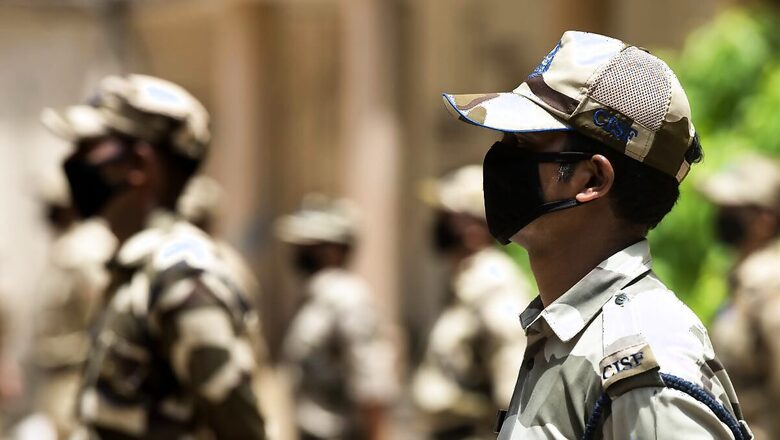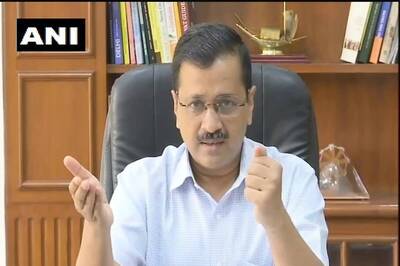
views
The CISF, which has been handed over the responsibility of securing Parliament, will only control access to the House, while the Delhi Police will continue to manage the outer periphery and radial of Parliament, top sources have told CNN-News18.
The sources said the idea is to give foolproof security to Parliament like what is provided to airports and other crucial buildings.
“The idea of giving security to CISF was very old and thought over many times, but it never materialised because of various views from Parliamentarians. CISF was always viewed as an autonomous body and the same will be maintained now,” they said.
“The inside access control will be in close coordination with the Parliament Security Group. The force will not touch the inside working of Parliament or regulate any Parliamentarian,” they added.
Sources said given that the intruders managed to enter the Parliament building with smoke canisters on December 13, serious lapses have been found on the part of Delhi Police which manages initial checks and frisking.
In a major security breach on the anniversary of the 2001 Parliament terror attack, two persons — Sagar Sharma and Manoranjan D — jumped into the Lok Sabha chamber from the visitors’ gallery, set off yellow coloured smoke from canisters, and shouted slogans before being overpowered by some MPs and watch and ward staff.
Around the same time, two other accused — Amol Shinde and Neelam Devi — sprayed coloured gas from canisters while shouting “tanashahi nahi chalegi” outside Parliament premises.
So far, the Delhi police have filed terrorism charges under Sections 16 and 18 of the stringent UAPA– related to terrorism and conspiracy for terrorism respectively– against four people in the case. As many as eight Delhi Police personnel have also been suspended.
During the hearing of arguments, the Delhi police accused the four of indulging in an act of terrorism and said they tried to incite fear. “It was a well-planned attack on Parliament,” it said.




















Comments
0 comment